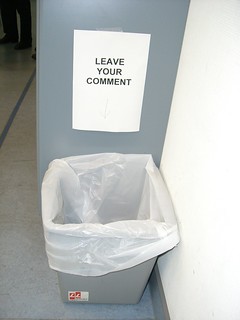There are now two ways for a buyer to terminate a Contract with no cause. Since I started in 2001, the buyer has been able to terminate a contract based on the HOA documents – buyers have three days to review the HOA documents.
A few months ago the Virginia Association of Realtors released a new home inspection contingency form.


